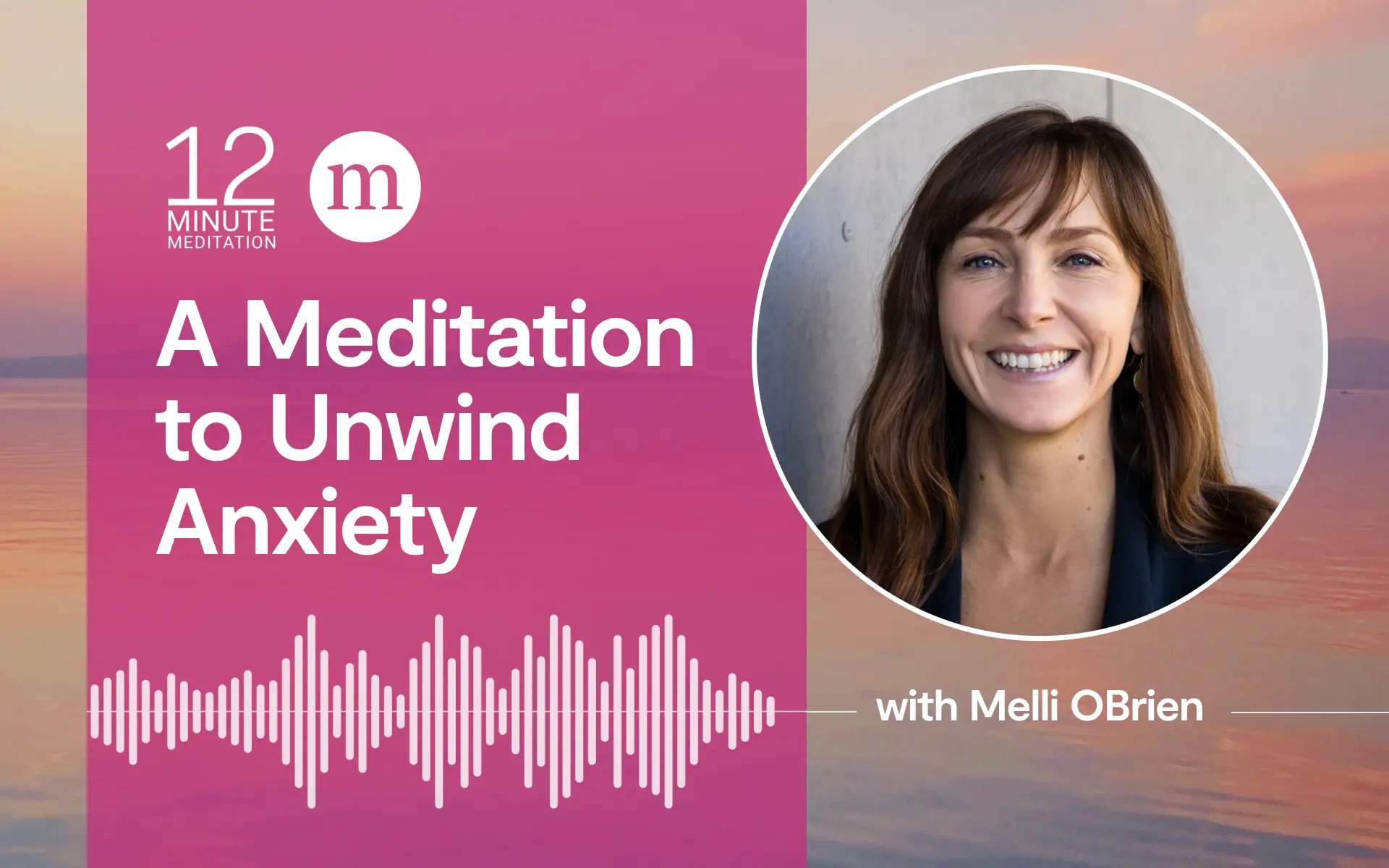The concept of mindfulness often conjures up images of relaxation, stillness, or acting in some idealistic, staid way. There’s an assumption that it means always being calm, serene, and in control. Because of this, it is occasionally portrayed as a set up for personal failure. Life’s hard enough without aiming for being mindful all the time. Yet, that perspective misses the point of the practice. Mindfulness is not a drive for perfection. In fact, it’s quite the opposite.
Being mindful starts in part with accepting the fact that we cannot ever be fully mindful in the first place. Our brains aren’t wired that way. And life itself is unendingly uncertain and unpredictable. Imperfection is the norm. It’s how we live with these facts that influence our moment-to-moment well-being.
So sure, one aspect of mindfulness is aiming to be more focused with our attention. That’s because otherwise, most of us spend a lot of our time doing one thing and thinking about another. We’re not aware in any useful way about what we’re doing, saying, or thinking. Not only do we miss out, but we fail to notice the assumptions and choices we’re making all through the day.
But even practicing mindfulness, we cannot pay attention for long. Over and over, we get distracted by our own mind. When we notice ourselves lost in our thoughts yet again, we bring ourselves back—until the next time. The practice has distinct benefits—otherwise it would be pretty silly to bother—but there’s no particular end point.
In fact, rather than getting caught up in being solemn and serious about the practice, it’s fairly useful to bring along a sense of humor. Our minds often do what they want without us, an odd state in which we live. So we’re spending an awful lot of effort aiming for something not fully attainable. We’re trying to be more attentive and less reactive and driven by habit—and then become caught up in it all once again. With too much perfectionism, we make ourselves feel worse.
Surfing the never-ending waves in real life, we aim to improve while not judging ourselves for needing it. We can readjust and try again both in mindfulness practice and in the rest of life.
Mindfulness, however, also does not mean I’m perfect just the way I am. It’s not that life’s all good. Those clichés don’t mean much—we all could use some improvement, and sometimes life isn’t particularly good. Instead, when we recognize that we’re lost, once again, in feeling we “should” be perfect, we practice letting that thought go, and get back to doing our best without extra layers of self-judgment.
And that’s where mindfulness becomes useful. Surfing the never-ending waves in real life, we aim to improve while not judging ourselves for needing it. We can readjust and try again both in mindfulness practice and in the rest of life. After all, what can any of us do except pay attention to making skillful choices, work diligently at what it seems we can influence, and try to be at ease with all the rest?
Noticing the Inner Critic
There’s no question mindfulness can be a muddled concept. For one thing, the word itself doesn’t mean a whole lot. It’s meant to capture a way of living. One basic concept sounds something like this: We have a whole lot easier time managing everyday life when we are aware of what we’re doing instead of getting by on autopilot. Without effort and attention, most of our lives follow the same old mental ruts, for better or worse, day after day.
One of the first things most people notice when they start paying more attention is that their mind has a mind of its own. It creates ideas constantly—some useful, some random, and many habitual. On autopilot, we keep on living the same way, whether or not it’s to our benefit. We accept our assumptions, ways of doing things, and other thoughts as fixed and factual. But, as the saying goes, there’s no point believing everything we think.
One common mental pattern is called “the inner critic.” Like the two old guys in the balcony of The Muppet Show, it’s an unrelenting internal heckler. It insults and judges, mostly without reason—you’re not good enough, you should have done x or y but definitely not z again. It’s not about improvement, making amends, or fixing what needs fixing—we want to build those traits. The inner critic is mindless self-judgment that undermines well-being and affects our interactions with the world.
When we take that critical voice at face value, it fuels perfectionism—I blew it, I should be better at this parenting thing, I shouldn’t be so (fill in your own habitual blank). Even if there is some reality to the thought—maybe we would benefit if we were a little less reactive or hit the gym more—the incessant negativity isn’t helpful. We can aim for change without constantly deriding ourselves along the way.
Most of us spend a lot of energy trying to convince ourselves this judgmental voice is wrong, but it’s not a logical thought to start. It’s not even-handedly grading our performance. We can’t with logic alone solve the problem of why we’re down on ourselves or why we’re better than we believe. Ruminating about our own worth, skills, or prospects can’t much influence an inherently irrational voice.
When we recognize the inner critic as nothing more than an entrenched mental habit, we shift our relationship with it. Instead of trying to pacify the voice of judgment, we name it and create some distance. Thanks anyway. That’s judgment, and now I’m coming back—not wrestling with you today. Instead of believing the nagging, perfectionist voice, we pause, look toward the balcony, and come back to real life once again.
Perfectly Imperfect
Stuff happens, not all of it great. We mess up, and so do the people around us. As Jon Kabat-Zinn, the pioneer of Mindfulness-Based Stress Reduction, suggests in his classic book, ease means finding comfort in the midst of the full catastrophe of life.
A formal mindfulness practice is an acknowledgement that if we aim to build certain traits, we access them more readily in daily life. If you want to be more aware, responsive, emotionally balanced, compassionate, or anything else, it takes effort. It doesn’t require being perfect—when you see that voice taking over, it’s an opportunity to move past its influence.
We all benefit when we take a few moments to focus our attention (without expecting stillness). Or settle our busy minds (without expecting stress to go away completely). Or build awareness of the assumptions and habits that drive us (without blaming ourselves for those tendencies in the first place). Or develop more compassion in our lives (even though some people absolutely, totally annoy us).
There’s no perfect. If you’re practicing mindfulness and judging yourself, notice that habit. If you have a false perception that you can ever be perfect, you’ll end up even more stressed. Be aware of that idealistic picture, and then let it go. You’re flawed and so is everyone else, but when you aim for improvement, everyone benefits. Mindfulness isn’t perfectionism—it’s the antidote for perfectionism instead.








